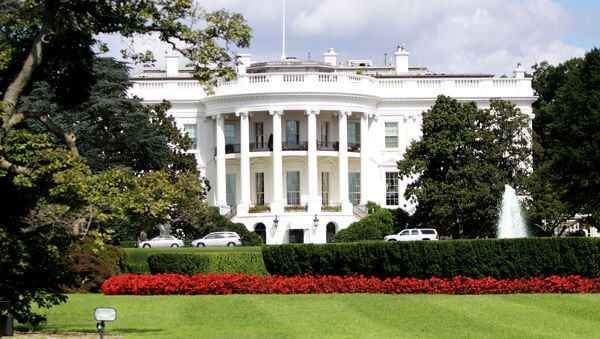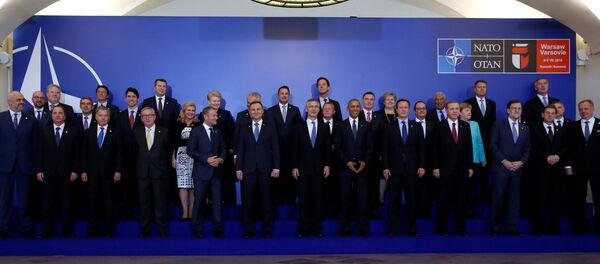The journalist maintained that Washington should view the brutal group, notorious for its international reach, and Islamic fundamentalism in general, as the number one threat to Western Europe. Yet policymakers in the US have remained "bizarrely" focused on Russia.
"The main reason is because there is very little profit in combating" Daesh, he said. For MacDonald, defense officials do not view the world through the lens of peace and stability, but rather in terms of profit.
Despite its belligerent rhetoric and assertiveness, NATO does not want to spark a war with nuclear-armed Russia, he added. Instead the bloc "desires to use Moscow as a convenient bogeyman in order to maintain US defense spending, which grew 9 percent annually from 2000-2009."
There is an additional challenge.
"The simple fact is that six of the top eight defense contractors in the world are American. Together, they directly employ close to 750,000 people and that's in addition to millions of other service and supply roles that depend on their patronage," he explained.
These are voters and lobbyists. Anyone, who will contemplate cutting these jobs, risks committing political suicide.
This is why the US and NATO need what he referred to as a "big ticket" opponent. But the anti-Russian stance could get the alliance into trouble, former CIA officer Philip Giraldi warned in an opinion piece for the American Conservative.
Giraldi called Washington's policy towards Russia "misguided" and its potential implications fatal.
"The nearly constant animosity directed against Russia by the Obama administration and likely to continue under President Clinton should be seen as madness, as the stakes in the game, a possible nuclear war, are unthinkable," he concluded.


